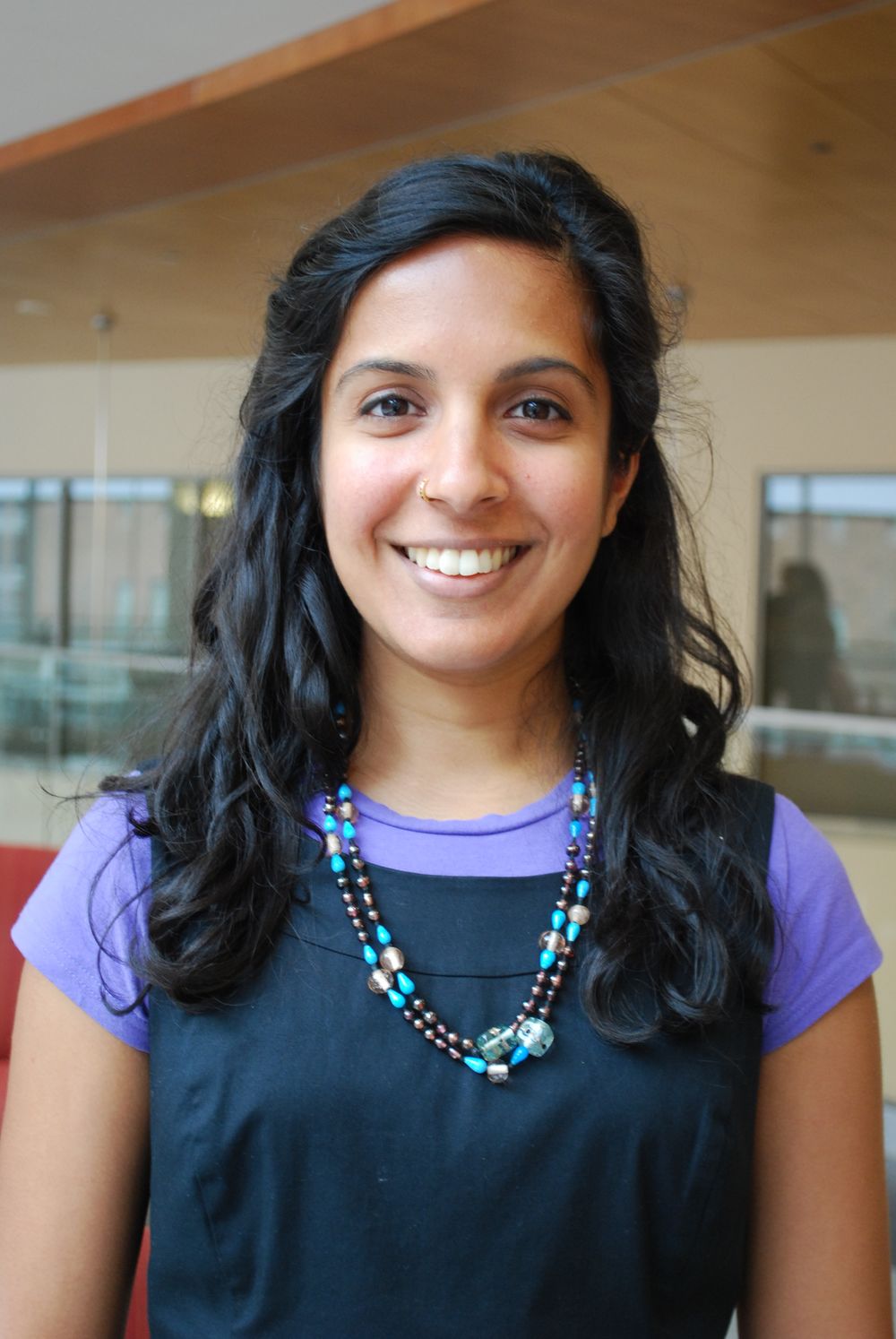Med student helped underserved from Philly to New Mexico
If you think medical school students are too busy or too tired to do anything other than attend to academic responsibilities, you haven't met Akhila Vasthare. She says she chose Temple because it did more than just provide a great medical education — it was as committed as she was to improving the health of the surrounding community. Whether it was serving under-resourced communities in North Philadelphia or the rural poor, Vasthare's commitment never wavered throughout her four years at Temple.
Temple Times: You just returned from your internship. Where were you?
Akhila Vasthare: I spent a month living and working on a Navajo reservation in Crownpoint, N.M., a very remote part of that state. It was a really enriching and eye-opening internship experience, but it was a bittersweet way to end medical school.
TT: Why bittersweet?
AV: It renewed my energy and interest, but it revealed the lack of access to health care in rural areas. The patients I saw lived hours from the hospital and didn't have any money. On the other hand, even though I was there for just a month, I felt like I could actually help people and use what I learned the last four years at Temple.
TT: What was your favorite rotation at Temple?
AV: My pediatrics sub-internship. It showed me what my life would be like as a pediatrician and confirmed I wanted to do pediatrics.
TT: How about a person at the med school who influenced you the most?
AV: I've had a lot of great experiences with a lot of faculty members, but Kathleen Reeves, the dean of student affairs, has given me so much encouragement and support, from getting involved in Temple Emergency Action Corps [a student-run disaster relief organization at Temple] to going into pediatrics.
TT: You earned an Albert Schweitzer Fellowship to pursue a project that married your interests in pediatrics and serving under-resourced communities. What was it and how did it come about?
AV: By my third year, part of me was wondering what exactly we're doing in the hospital. People have a lot of chronic problems. It's like we were putting a Band-Aid on a wound and sending them back out into the community. I realized that if I was going to go on with medicine in my life, I needed to have a foot in the community and have an impact on people's lives outside the hospital. I wanted to create a project to understand more about the lives of middle-school kids in immigrant families and who they are. I applied for a Schweitzer Fellowship and got a grant to work at Southwark, a K-8 school in South Philadelphia, a school whose makeup is extremely diverse — nearly 75 percent of students identify as Asian or Hispanic. Every Wednesday, I led an after-school yoga class to help reduce anxiety and stress and promote physical wellness. After that, we worked together to prepare a healthy snack.
TT: How did that experience affect you?
AV: It was time-consuming and challenging, but I loved it. I learned from the kids at Southwark that it's important to be invested in your community. That's why I'm here. That's what I hope to continue to do for the rest of my career.
TT: As rewarding as your Schweitzer Fellowship has been, something even better happened while you were here.
AV: I met my fiancé William Shapiro. Our names are at the end of the alphabet, so we were in the same anatomy class. We became friends, we started dating, we got engaged in January — and we just found out that we're both doing our residencies in Philadelphia.
